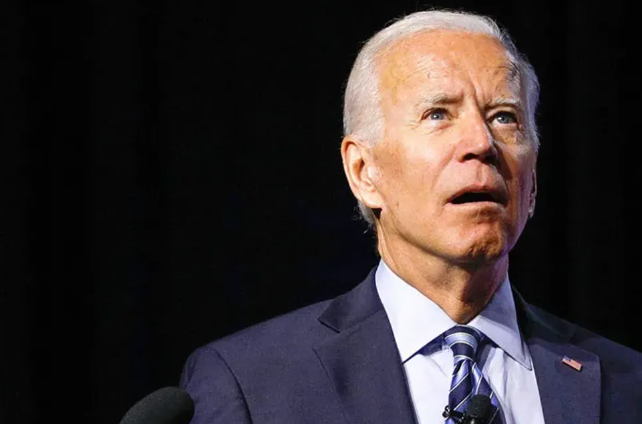#FTResearch #IRA #ChipsAct #EconomicSlowdown #InvestmentProjects #RenewableEnergy #TechIndustry #Infrastructure
Financial Times (FT) recently conducted a study revealing that 40% of the projects announced within the first year following the enactment of the IRA (Inflation Reduction Act) and Chips Act in the United States have experienced significant slowdowns. This discovery underscores the challenges and complexities involved in actualizing policy-driven economic and industrial boosts, especially in sectors as critical as renewable energy and technology infrastructure.
The IRA and Chips Act, ambitious in their scope and intended impact, were designed to propel the United States forward in renewable energy adoption and to reaffirm its position as a leader in the global semiconductor industry, respectively. The Acts aimed not only to stimulate economic growth but also to counter the competitive pressure from global rivals, notably China. However, the FT’s research indicates that achieving these lofty goals is fraught with more hurdles than initially anticipated. The slowdown in project materialization could be attributed to a variety of factors, including supply chain disruptions, regulatory hurdles, and the sheer scale of investment and coordination required to bring such large-scale projects to fruition.
This slowdown signifies a cautionary tale about the gap that can exist between policy enactment and its practical, on-the-ground implementation. While the U.S. government’s commitment to boosting critical sectors through the IRA and Chips Act is evident, the observed delays highlight the need for a more streamlined approach to overcoming operational challenges. It also points to the necessity for continued support and possibly additional measures to ensure that the projects not only kick off but also reach completion in a timely manner. Beyond the economic implications, these projects are crucial for the U.S. to achieve its climate targets and to secure its technological sovereignty in an increasingly competitive world. Thus, stakeholders are called upon to closely monitor these developments and adapt strategies as needed to keep the momentum of these pivotal initiatives.





Comments are closed.